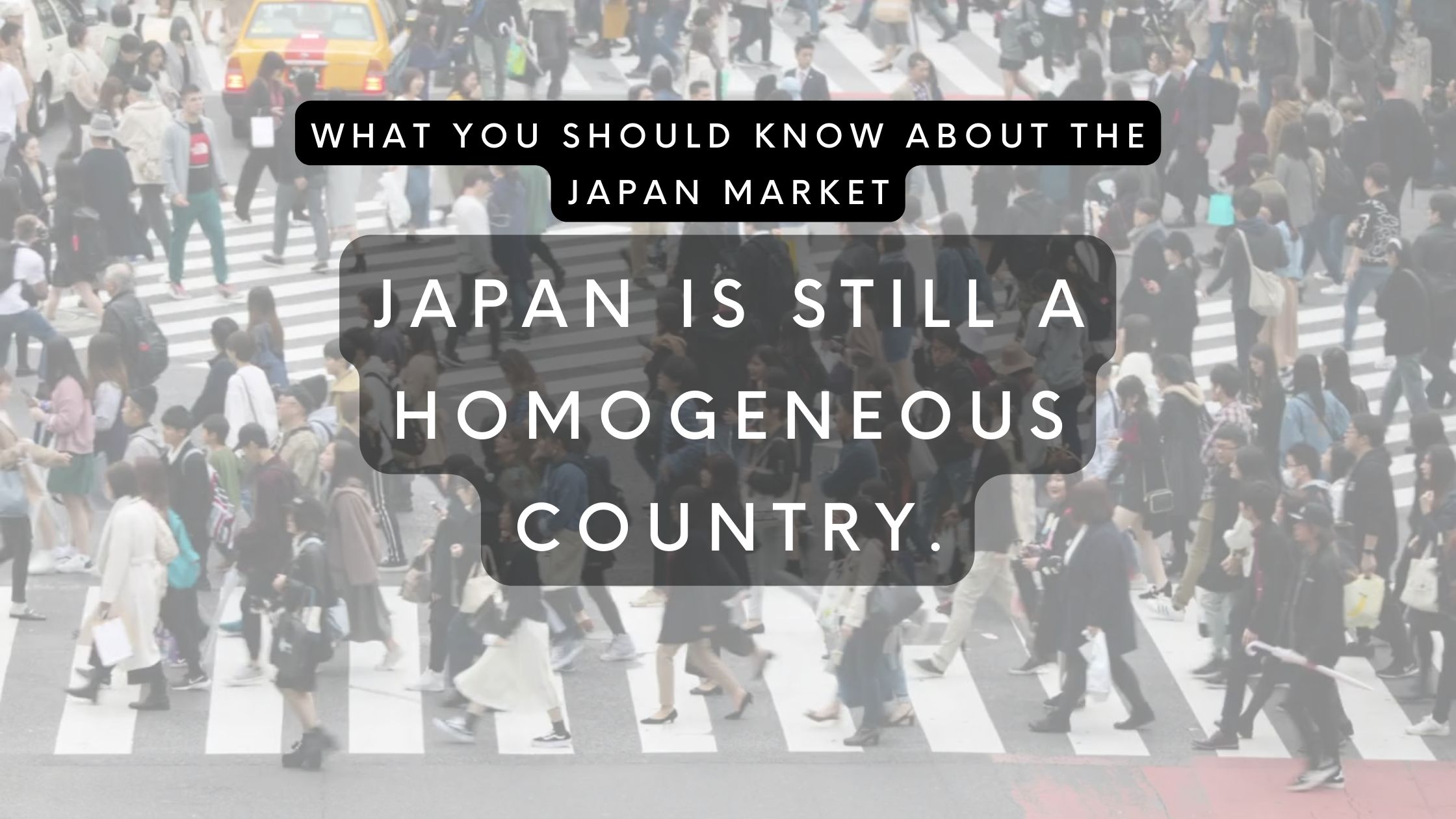
Japan is a highly ethnically homogenous country with 98.5% of the population being Japanese.
Japan’s demographic crisis has spurred immigration reforms that will accelerate the influx of foreigners into a country long regarded as homogeneous and insular³. The government of Japan is creating greater inclusiveness, diversity, and flexibility in various parts of society. Dynamic engagement of women, persons with disabilities, and seniors makes a difference in achieving sustainable growth.
It is important to note that diversity and inclusion are not as prevalent or valued as in some other countries¹. You might face some stereotypes or prejudices based on your nationality, ethnicity, gender, or appearance¹. It is important to be aware of these potential biases and try to overcome them with your skills and expertise.
Here’s some data:
“The 2015 Shinjuku survey asked foreign residents how frequently they felt subject to discrimination or prejudice in their dealings with Japanese. A full 35% responded that “it happens sometimes,” and another 7.5% reported that “it happens often.” More than half of these (51.9%), the largest number, identified “apartment hunting” as a situation in which they encountered discrimination. The second most frequently cited situation was “looking for a job” (33.2%), followed by “administrative procedures” (25.6%).”
Also here is an example who overcame. : A African American man named David moved to Japan about 20 years ago. He counts the times people have come up to him to touch his dreadlocks, or ask for an arm wrestle match. “There’s a lack of understanding from people who don’t interact with us,” he explains. However, he did not give up. He started his own business called “Soul Food House” which serves authentic Southern American cuisine. His restaurant has become very popular among locals and tourists alike. He and his wife also said there is lack of black community in Japan, so they started The Legacy Foundation Japan, a place where mixed children can cherish both their African American and Japanese sides, and where anyone can learn how to communicate between cultures.
Japanese people don’t have many opportunities to interact with a very small population of foreigners. This motivated me to start a nonprofit organization called LunchTrip which holds events where Japanese people learn about another culture from an expert speaker and through authentic cuisine of the country. The event venue is usually an expat-operated restaurant but occasionally the subject country’s embassy.
By the way, hello, I am Ami.
With a decade of community leadership experience, in Japan and with global tech companies, I collaborate with B2C brands to build their communities in Japan.
Speaking domestically, and internationally, from Germany to Oregon, USA, I thrive helping brands and businesses boost their community in the Japanese market for increased leads and awareness.
I worked for Pinterest Japan as a third member and also worked for Facebook Japan, where I was the only Japanese in my new community team.I also have a certified travel tour guide in Japan, confirmed by the Ministry of Tourism.
If your company is expanding business into Japan, please contact us. I can help you fit in Japan market, and help you understand the Japanese market.
Reference:
- Diversity in Japan | Abroad Guide | Diversity Abroad. https://www.diversityabroad.com/articles/travel-guide/japan
- Can Japan Embrace Multiculturalism? | Nippon.com. https://www.nippon.com/en/in-depth/d00534/can-japan-embrace-multiculturalism.html
- Eating to Understand Black Lives Matter https://metropolisjapan.com/black-owned-restaurants-tokyo/
- Diversity and Inclusion | The Government of Japan – JapanGov. https://www.japan.go.jp/diversity/
- Is Japan embracing diversity? – BBC Future. https://www.bbc.com/future/article/20200131-is-japan-embracing-diversity